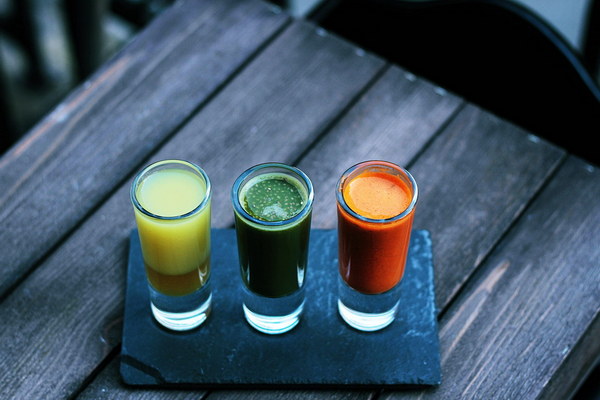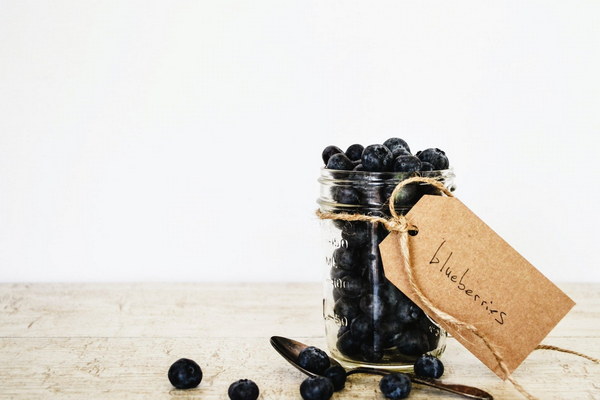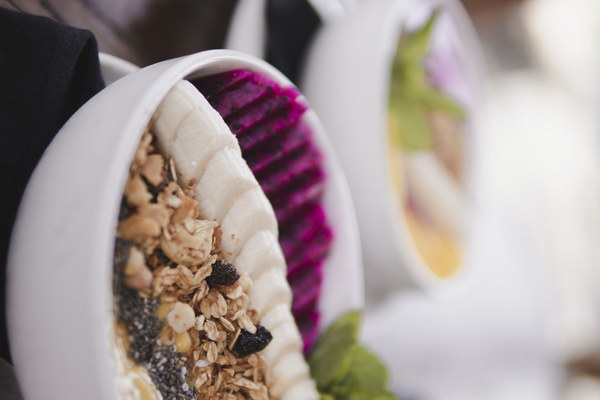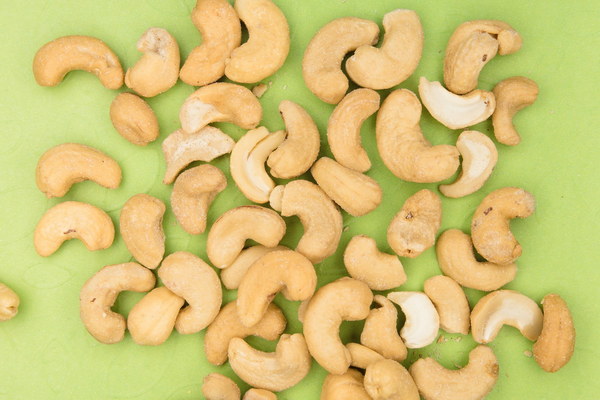Can Post-Operative Recovery Soup with Pork Ribs Be Consumed
Post-operative recovery is a critical period for patients to regain their health and strength. During this phase, nutrition plays a vital role in supporting the healing process. However, there is often confusion regarding what foods are suitable for post-operative patients. One common query is whether post-operative recovery soup with pork ribs can be consumed. In this article, we will explore the nutritional benefits and potential risks of incorporating pork ribs into a post-operative diet.
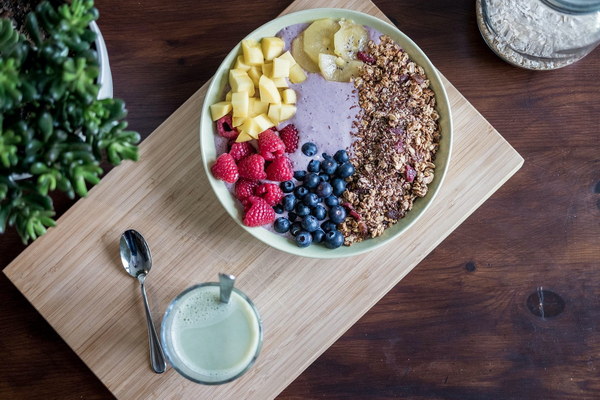
Pork ribs are a nutritious source of protein, vitamins, and minerals. They are rich in essential amino acids, which are crucial for tissue repair and muscle recovery. Additionally, pork ribs contain vitamins B1, B6, B12, and niacin, which contribute to the production of red blood cells, energy metabolism, and the nervous system's health.
The high protein content in pork ribs is beneficial for post-operative patients as it helps in the healing of wounds and the restoration of muscle strength. Moreover, the presence of zinc, an essential mineral for immune function, aids in fighting off infections and promoting recovery.
However, there are several factors to consider before including pork ribs in a post-operative recovery diet:
1. Cholesterol levels: Pork ribs are high in saturated fat and cholesterol. High cholesterol levels can increase the risk of heart disease and other cardiovascular issues. It is important for post-operative patients with pre-existing heart conditions or those at risk of developing them to consult their healthcare provider before consuming pork ribs.
2. Digestion: Pork ribs are rich in fats and may be challenging to digest. Post-operative patients often have weakened digestive systems, and consuming heavy, fatty foods can lead to discomfort and delay the healing process. It is advisable to opt for leaner meat options or to cook pork ribs until they are tender and easier to digest.
3. Allergies: Some individuals may have allergies to pork or pork products. It is crucial to be aware of any food allergies or sensitivities and avoid consuming pork ribs to prevent adverse reactions.
4. Salt content: Pork ribs, particularly if they are smoked or preserved, can be high in sodium. Excessive salt intake can lead to fluid retention and increased blood pressure, which can be detrimental to post-operative patients. It is important to choose pork ribs with minimal added salt or opt for a low-sodium alternative.
In conclusion, post-operative recovery soup with pork ribs can be consumed as part of a balanced diet, but it is important to consider the individual's health status, cholesterol levels, digestion, allergies, and salt content. It is recommended to consult a healthcare provider or a registered dietitian before incorporating pork ribs into a post-operative recovery diet. By doing so, patients can ensure they are receiving the necessary nutrients while minimizing potential risks.
When preparing post-operative recovery soup with pork ribs, consider the following tips:
- Choose leaner cuts of pork ribs to reduce the fat content.
- Cook the pork ribs until they are tender and easier to digest.
- Opt for a low-sodium alternative to reduce salt intake.
- Incorporate a variety of vegetables and herbs to enhance flavor and provide additional nutrients.
- Consult with a healthcare provider or registered dietitian to create a personalized post-operative recovery diet plan.
By making informed decisions and seeking professional guidance, post-operative patients can optimize their recovery process and support their overall health and well-being.
